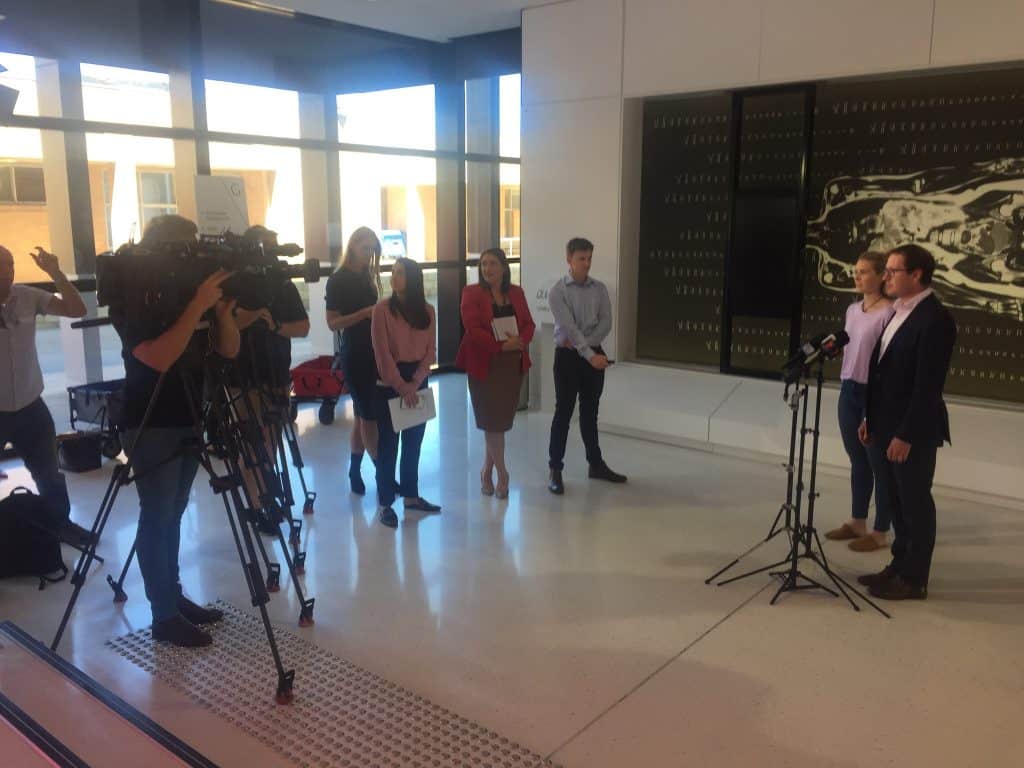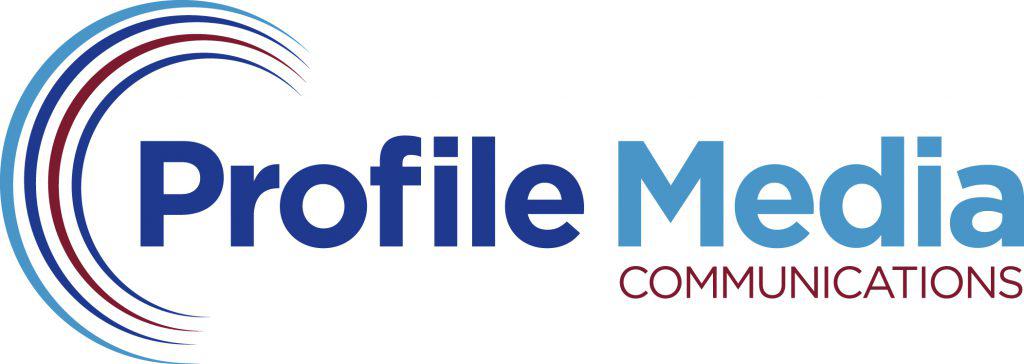Of the various ways in which businesses and professionals can secure media coverage, it’s fair to say that the idea of holding a media conference is one of the most exciting options and can achieve some significant results.
However, in our experience, without the right skills and support from your Public Relations team, it can also be a time of great stress, and at worst, can result in no coverage at all.
It’s why you shouldn’t go it alone, at any step of the way.

The reasons behind deciding to hold a media conference rather than carry out other forms of media outreach are covered here but once the decision is made, it’s important that you plan the conference with the needs and wants of the media in mind, to give yourself the greatest chance of success.
It’s easy to assume that holding a media conference is as simple as inviting your key speakers to your office on a usual business day, but that couldn’t be further from the truth.
As a team of journalists, we have attended hundreds of media conferences in our time, and we know with confidence what works and what doesn’t;
- When: What day of the week are you considering holding the conference? Does it clash with any other planned events that might be considered more newsworthy that week, such as the handing down of a major report or sporting event? Are you holding it at a time that suits the majority of media outlets, and gives them enough time to meet daily deadlines?
- Where: While you might think your office looks great, in reality it might be a terrible location for a media conference. Is it big enough? Are there multiple filming locations available? Can television crews film people in action or film an interesting ‘piece to camera’? What still photographs are available to be taken? Is there a quiet location for radio journalists to carry out a live cross on location?
- Who: Are your key speakers media trained? Could they benefit from practice interviews or a pre-conference briefing on what to expect? Do they know what attire to wear or how to deal with competing questions in a conference situation?
It’s important to also consider when a media alert is sent to newsrooms – too much notice could mean it gets forgotten about, but if there’s not enough notice they might have already delegated stories for that particular day.
On the day of the conference it’s also important to re-confirm with attending journalists and ensure any late-breaking news won’t impact your event, and have someone available to meet journalists as they arrive and be on hand to provide anything further they might need.
However, on the ground assistance is more than just ensuring journalists needs are met, some of our most important work is supporting YOU as the client.
This support looks different for everyone and might range from mock interviews in the lead up to the day, providing comprehensive notes or even just having a cup of tea beforehand to settle the nerves.
Also, don’t underestimate the power of seeing a reassuring smile from a familiar face during a media conference to provide an often needed and well-timed confidence boost.
All these points on their own might seem minor, but in their entirety can truly make the difference between a ho-hum media conference, and one that successfully grabs the attention of your target media.
Still think it’s worth risking on your own?

